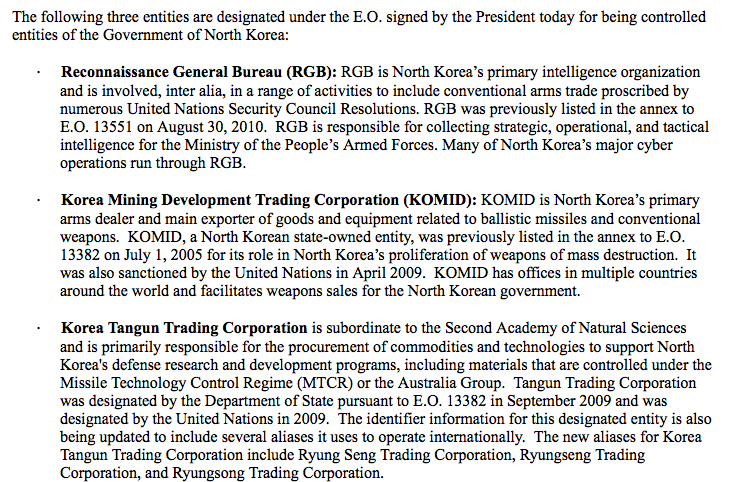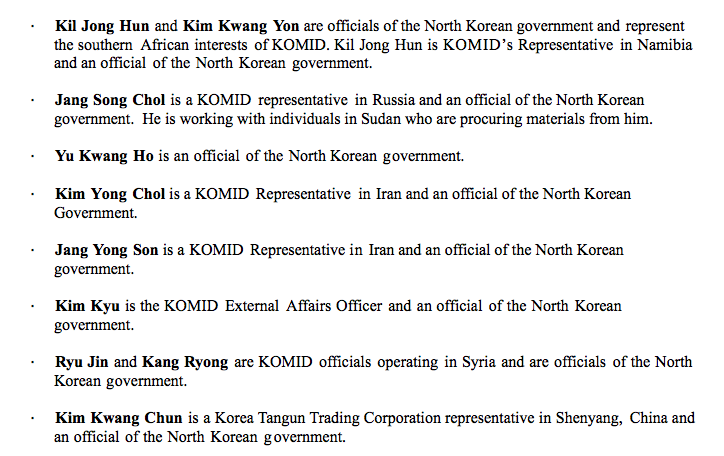An unknown network of hackers that are sympathizers of Islamic State hacked CENTCOM’s twitter account and the associated YouTube channel. So far the response is ‘it does not appear to be anything problematic’. Ah what…problematic? The hackers had some success that for sure is problematic and what is more, data breaches of any sort does not provide anyone in America with internet security confidence.
There is a ‘cybercaliphate’ that no one is admitting.

WASHINGTON—Hackers claiming to be aligned with Islamic State militants took control of the U.S. Central Command’s Twitter and YouTube accounts Monday, posting phone numbers of top military officers and what they said was classified documents.
In the posting, the militants claimed they were working for the Islamic State and a “Cyber Caliphate.”
A Pentagon official said that U.S. Central Command was aware of the hack but had no immediate information about how it occurred.
Officials for a time Monday appeared to be trying to retake control of the Twitter account. Shortly after the first tweets from the hackers appeared, the “Cyber Caliphate” logo and slogan disappeared, replaced by a blue square.
Then shortly after 1 p.m., the Twitter account was labeled as suspended. Moments later, the Central Command’s YouTube account apparently was suspended.
“We can confirm that the U.S. Central Command Twitter and YouTube accounts were compromised earlier today,” said a defense official. “We are taking appropriate measures to address the matter. I have no further information to provide at this time.”
The White House said it was looking into the hack, but had little information and played down the significance of the intrusion.
“There is a significant difference between…a large data breach and the hacking of a Twitter account,” said Josh Earnest, the White House press secretary.
The tweets posted by the hackers included phone number of top military commanders and what the group said were military scenarios for a conflict with North Korea and China.
A senior Pentagon official said the information posted by the hackers on the Twitter account didn’t appear to be highly classified documents.
“It does not appear to be anything problematic,” the official said.
–Felicia Schwartz and Carol E. Lee contributed to this article.
Write to Julian E. Barnes at julian.barnes@wsj.com
WASHINGTON—Hackers claiming to be aligned with Islamic State militants took control of the U.S. Central Command’s Twitter and YouTube accounts Monday, posting phone numbers of top military officers and what they said was classified documents.
In the posting, the militants claimed they were working for the Islamic State and a “Cyber Caliphate.”
A Pentagon official said that U.S. Central Command was aware of the hack but had no immediate information about how it occurred.
Officials for a time Monday appeared to be trying to retake control of the Twitter account. Shortly after the first tweets from the hackers appeared, the “Cyber Caliphate” logo and slogan disappeared, replaced by a blue square.
Then shortly after 1 p.m., the Twitter account was labeled as suspended. Moments later, the Central Command’s YouTube account apparently was suspended.
“We can confirm that the U.S. Central Command Twitter and YouTube accounts were compromised earlier today,” said a defense official. “We are taking appropriate measures to address the matter. I have no further information to provide at this time.”
The White House said it was looking into the hack, but had little information and played down the significance of the intrusion.
“There is a significant difference between…a large data breach and the hacking of a Twitter account,” said Josh Earnest, the White House press secretary.
The tweets posted by the hackers included phone number of top military commanders and what the group said were military scenarios for a conflict with North Korea and China.
A senior Pentagon official said the information posted by the hackers on the Twitter account didn’t appear to be highly classified documents.
“It does not appear to be anything problematic,” the official said.
–Felicia Schwartz and Carol E. Lee contributed to this article.
Write to Julian E. Barnes at julian.barnes@wsj.com




